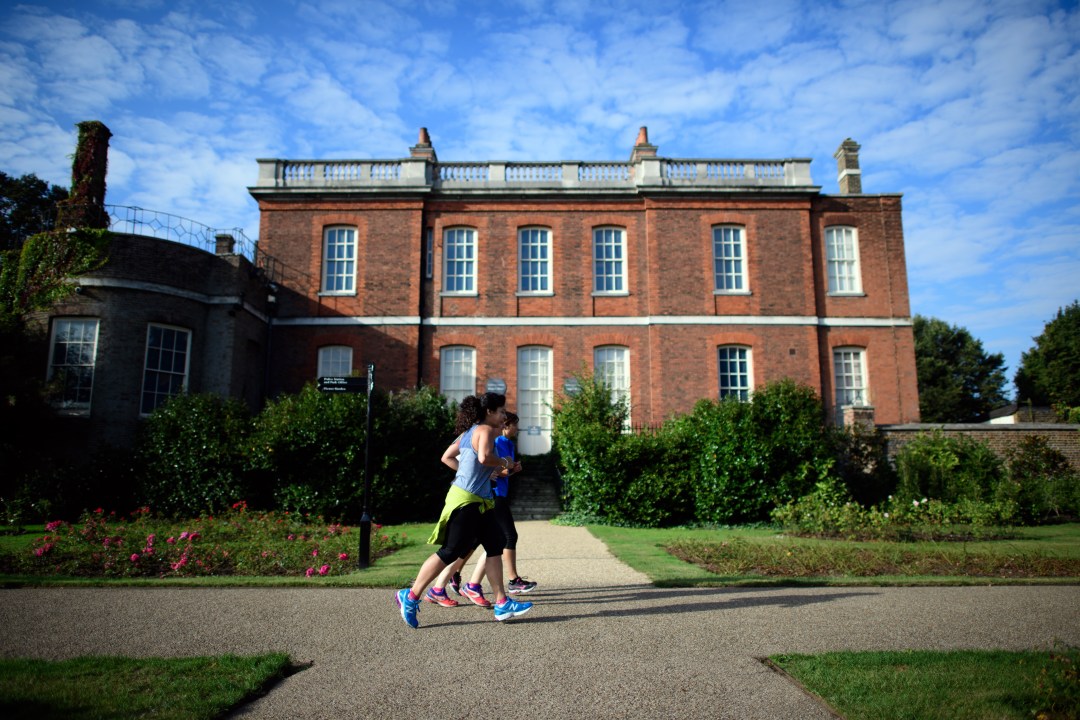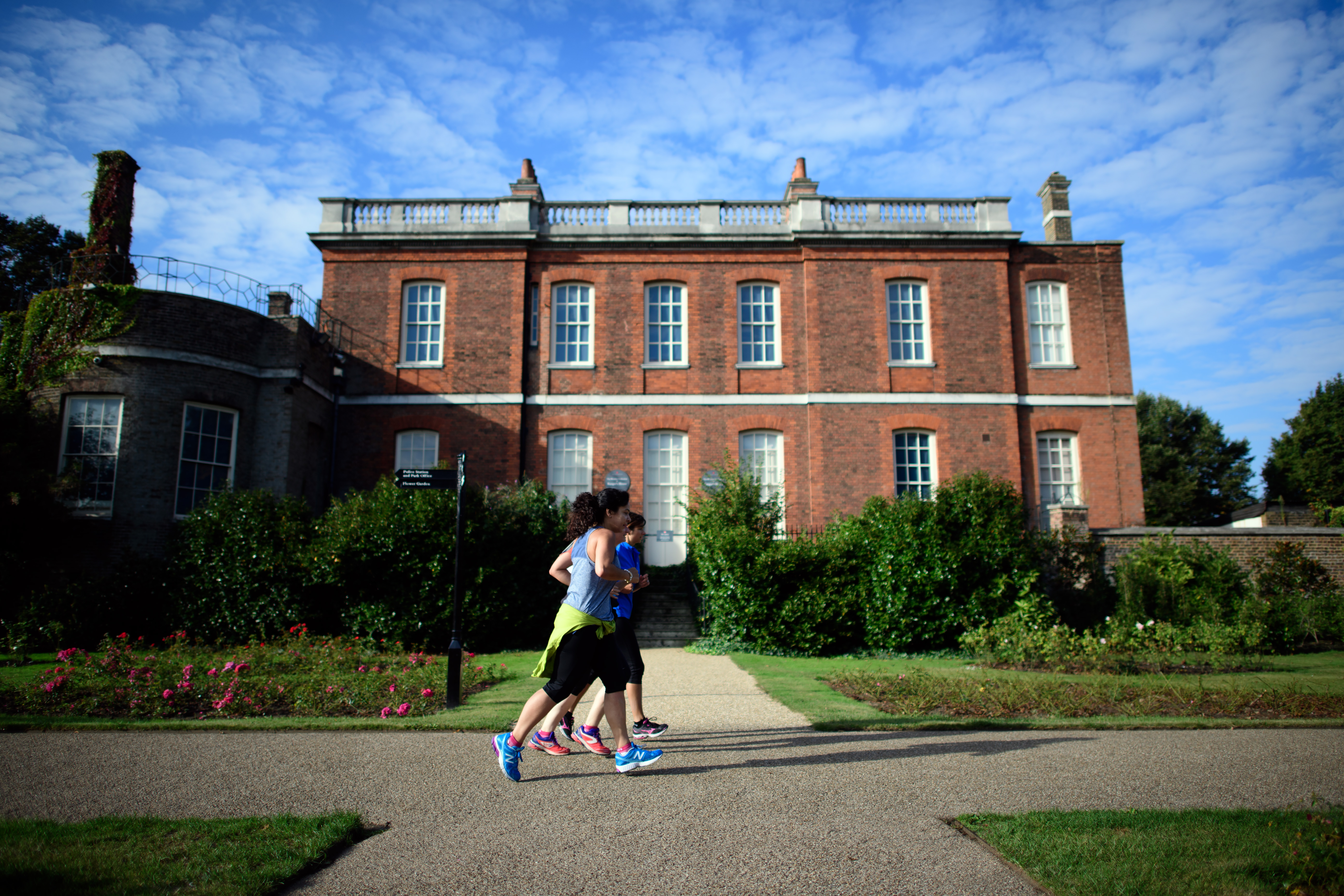There are few public health interventions as successful as parkrun. It wasn’t set up as a public health intervention, which may be one of the reasons it has worked so beautifully. The first one was just a group of friends doing a 5k time trial in London’s Bushy Park. But in the years since that first event in 2004, parkrun has spread across the world. It went from being a largely middle-class event for people who already considered themselves runners to being a part of many communities, deliberately expanding into deprived areas and trying to get a slower average time for participants completing the course, because that meant it wasn’t just reaching established runners and fit types. No one finishes last as at each event there is a ‘tail walker’, a volunteer who walks behind everyone else and keeps up morale.
Parkrun has just delayed its UK events reopening again, largely because landowners haven’t given permission for events
So successful has it been that parkrun has had a partnership with the Royal College of GPs for a few years now. Doctors are prescribing the events to their patients with a range of conditions, whether they be mental illness or physical conditions such as rheumatoid arthritis and obesity.
That last condition is one the government is particularly keen to tackle, not least because of the links between being seriously overweight and developing serious complications with Covid. But parkrun has just delayed its UK events reopening again, largely because landowners — particularly local authorities — haven’t given permission for a safe number of events to start up again on 5 June as planned. If too few parkruns open, the fear is that they will be overwhelmed by runners desperate to get back on a course after more than a year away.
Councils say they’ve been overwhelmed by applications for events and have been trying to get through the backlog. In other locations, landowners such as the Woodland Trust have used the pandemic as an excuse to ban the return of parkrun entirely from their sites, claiming that the mass of runners was damaging protected spaces for nature (organisers of the event in question, in Tring, insist that this is incorrect and unfair).
It is an absolutely daft situation to be in. Not only is parkrun exactly the kind of health intervention that local government should be pulling out all the stops to support, but it is also a source of company and community to many people who have ended up socially adrift. When I wrote about these events for my book on mental health and the outdoors, The Natural Health Service, I was astonished by the number of parkrun members who rarely ran at all and who instead saw volunteering at the runs as a lifeline while dealing with a range of mental illnesses. The pandemic has highlighted how lonely many in our society are, how difficult it is for many to access support for mental health problems, and how important outdoor exercise is. Getting parkruns back should be at the very top of a local authority in tray.








Comments